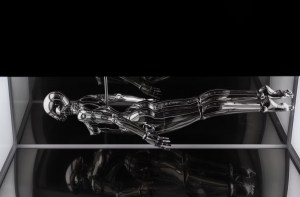In a world that has seemingly been taken over by (multi)national chains and mass tourism, over the last decade or so there is a growing need for authenticity. Psyche recently wrote an interesting article about the concept of ‘place authenticity’, what it entails and the effects it has on people.
Despite most people being intuitively capable of identifying which places qualify as being ‘authentic’ (for example an indie bookstore or an old pub) and which are not (mass chain stores), specifically describing which elements that make a place authentic is more challenging.
Over the years, researchers have suggested that “place authenticity is all about sensory experiences. According to this view, it is places rich in sensory stimuli – such as sights, sounds and smells – that enhance our perception of authenticity by engaging our senses and creating memorable experiences.”
Other research adds that “the authenticity of a place is also about its unique character and essence – the way it is rooted in its cultural, historical, spiritual and experiential dimensions.”
As to the benefits of residing in authentic places, there are a couple. “Authentic places that maintain their historical and cultural integrity serve as anchors of identity, offering us a sense of belonging, stability and continuity.” Additionally, whenever people recall experiences in which they regarded their location as authentic, “they also felt more personally authentic (albeit to a lesser extent). It’s as if the positive feeling of being connected to a place spilled over into how participants felt about themselves.”
With that all being said, whether a place conveys authenticity is often not black and white, especially when it comes to big brands. Take for example this McDonalds in Budapest: it’s located in a beautiful old building right outside the central station and they organize late-night raves with DJ’s and projected lights on the ceiling. In this case, are they tying their brand to an authentic place for a genuine and meaningful experience or is a big brand essentially ruining a historic location by transforming it into a corporate and gimmicky experience?

Author
Douwe Knijff
Share the signal.











